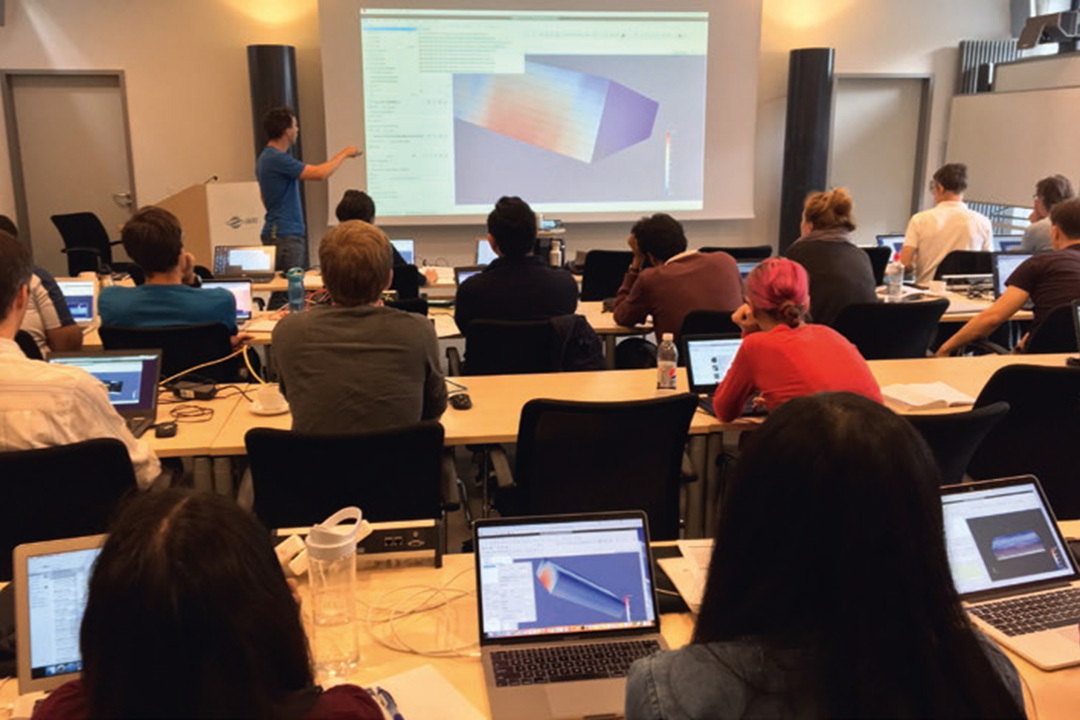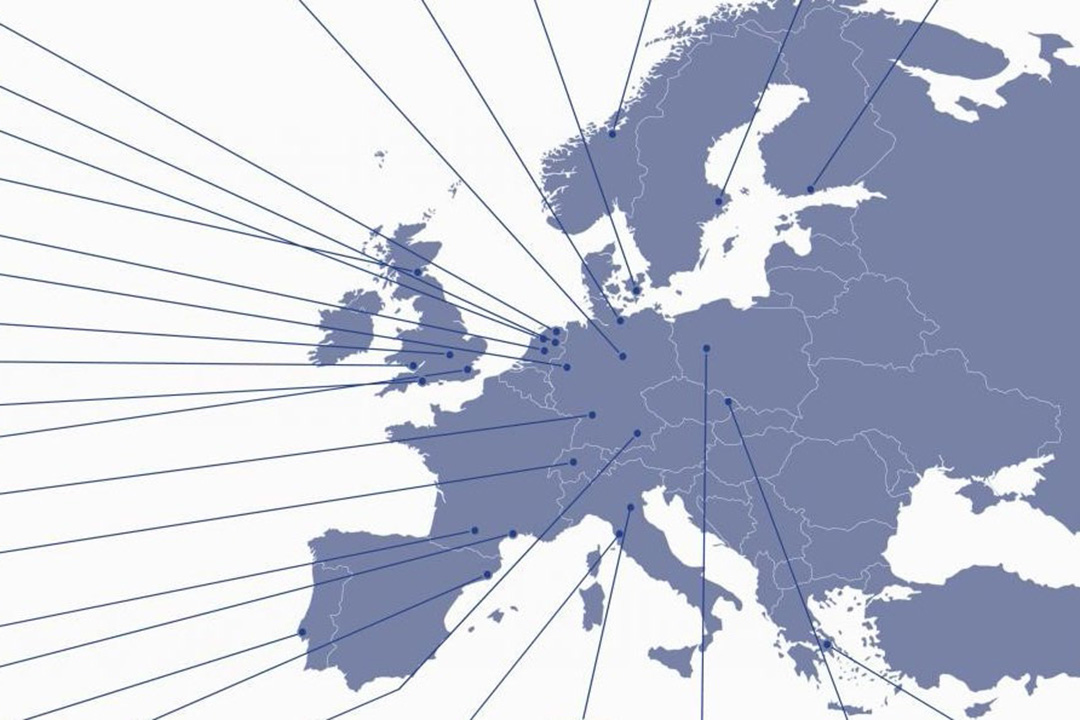Computer-aided climate research is intended to contribute to a better understanding of climate change and its effects, as well as increasingly helping to better assess adaptation strategies. This involves the use of state-of-the-art high-performance computers, the operation of which requires a great deal of electrical energy. To ensure that these points do not conflict, the EECliPs project will define a suitable co-design of HPC hardware and software to achieve energy-efficient execution of climate simulations. This will involve optimal load balancing of the ICON climate and weather model from an energy consumption perspective, which has not been previously explored in the breadth of heterogeneous hardware used. This will eventually lead to the definition and installation of a proof-of-concept system that exploits the trend towards specialized architectures. Both time-to-solution and minimum energy-to-solution will serve as key evaluation benchmarks of an energy-efficient climate simulation. However, the extent to which highly specialized hardware can be integrated into the overall infrastructure of a data center in a way that conserves resources and whether the climate model used can be adapted to a reasonable extent will also be taken into account.



